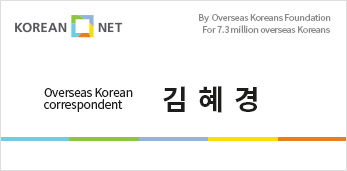Overseas Koreans Platform
- Main page
- Overseas Koreans Platform
- News Room
News Room
- Main page
- Overseas Koreans Platform
- News Room
- Country
- China
- Date
- 2023.02.01
After three years of COVID-19, China finally took a sudden turn from its zero COVID policy, embracing the notion of living with the virus, in December 2022. This has put us in a very difficult situation. Korean language schools in China, which were finishing up the semester, also have been impacted by the policy change significantly.
Despite the difficult situation, the Korean Language School Association in China held its two-day regular training program online on January 4–5, 2023. The training program consisted of sessions that Korean language school teachers desperately needed like a welcome rain in the drought. Although the training began early in the morning, the classes were filled with enthusiastic participants.

Photo 1) Poster of the regular training provided by the Korean Language School Association in China
On the first day, the participants explored the detailed curriculum of the multiculturalism class at the Korean Language School in Guangzhou as a case study. In the session, the participants developed a common understanding of the current issues at hand.
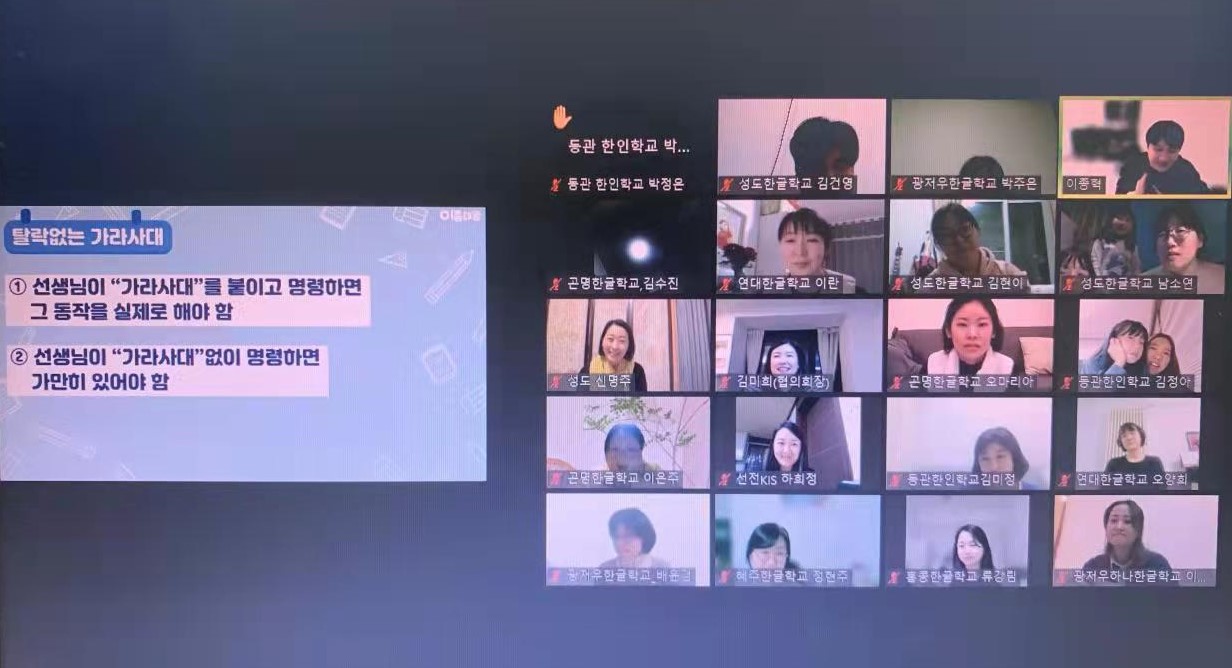
Photo 2) Lee Jong-hyeok is giving a lecture on how to apply games in different subjects
In the evening, guest lecturer CEO Lee Jong-heok of Jiphyeonjeon, a think tank dedicated to researching play-based education and the host of the YouTube channel @kingleejong, gave a lecture on how to apply games to different subjects.
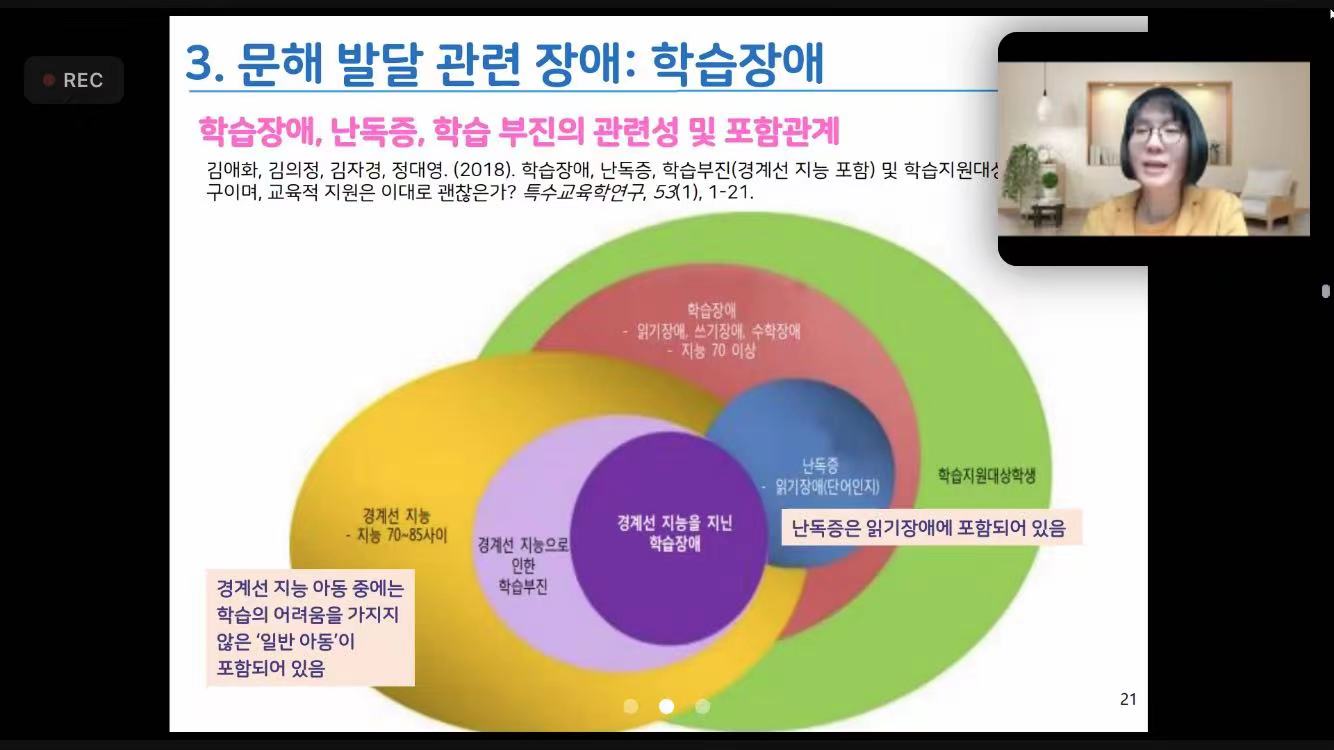
Photo 3) Choi Na-ya is giving a lecture on literacy and multilingualism
In the morning on the second day of the training, professor Choi Na-ya at Seoul National University who is the top expert in literacy, an area that has recently attracted much public attention, spoke to the participants. She also gave a program on literacy, development of multilingualism, and instructions for reading in Korean. Professor Choi received a plethora of questions from the Korean language school teachers particularly on the subject of development of multilingualism.
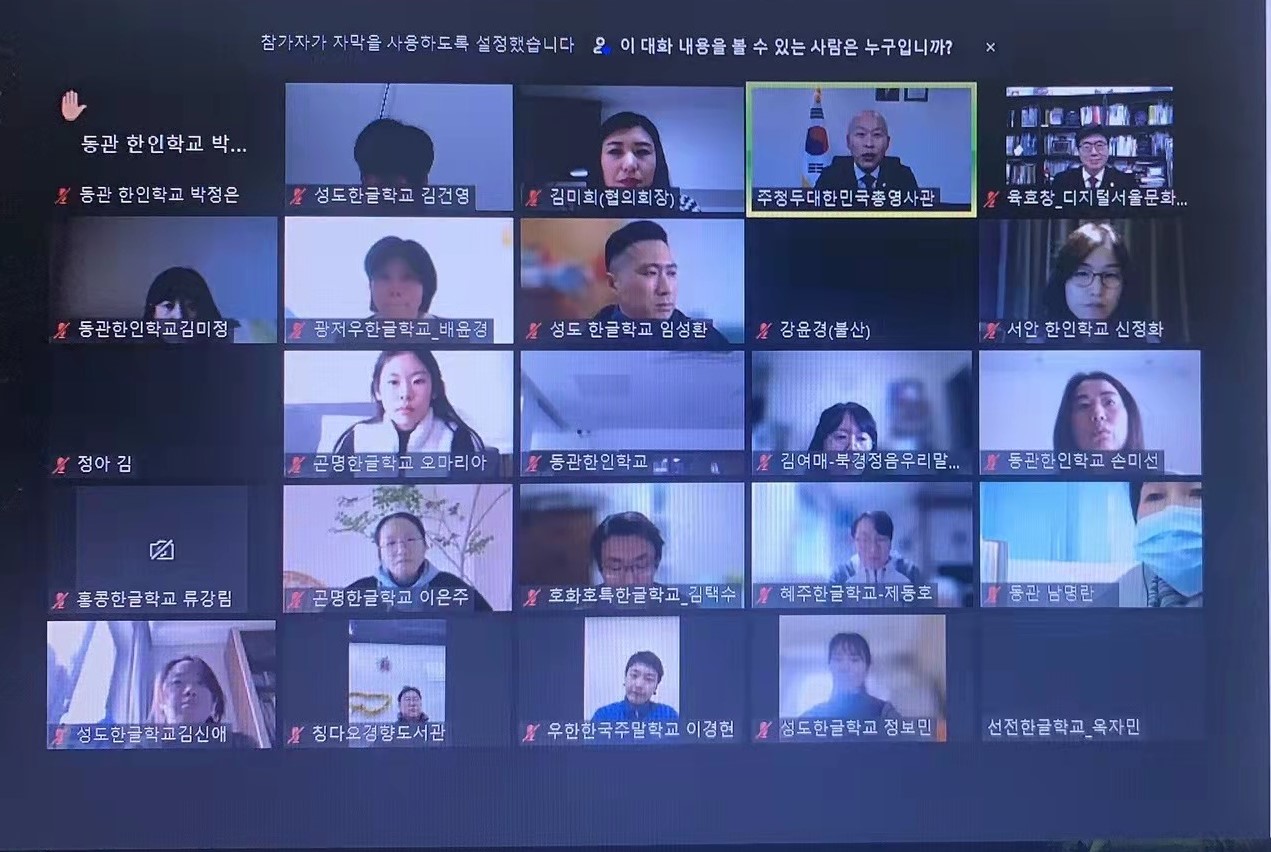
Photo 4) Teachers participating in the regular training program
Furthermore, the training program consisted of sessions designed to allow the participants to find practical solutions such as small group discussions and representative meetings about how Korean language schools should be operated. Behind the carefully designed schedule for the regular training program was Chairperson Kim Mi-hui of the Korean Language School Association in China. Chairperson Kim Mi-hui, the then-principal of the Korean Language School in Chengdu, was newly appointed following the retirement of long-time Chairperson Kim Han-kwon. We conducted a written interview with Chairperson Kim to learn about the issues that Korean language schools in China generally recognize, based on what she heard in the last year as the Chairperson of the Korean Language School Association in China with 28 member schools that Korean language schools in China. We also asked her future aspirations and goals.
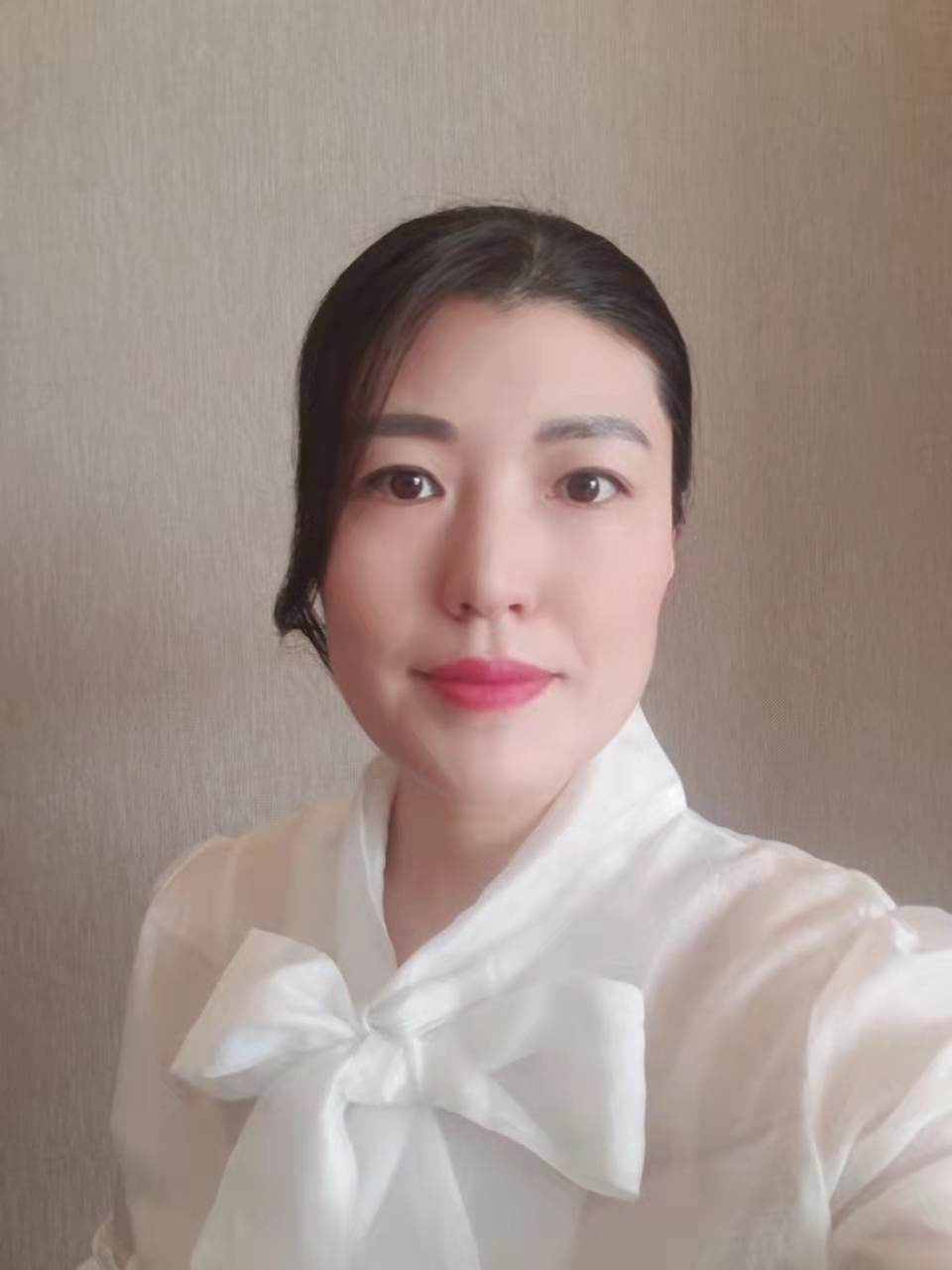
Photo 5) Chairperson Kim Mi-hui of the Korean Language School Association in China
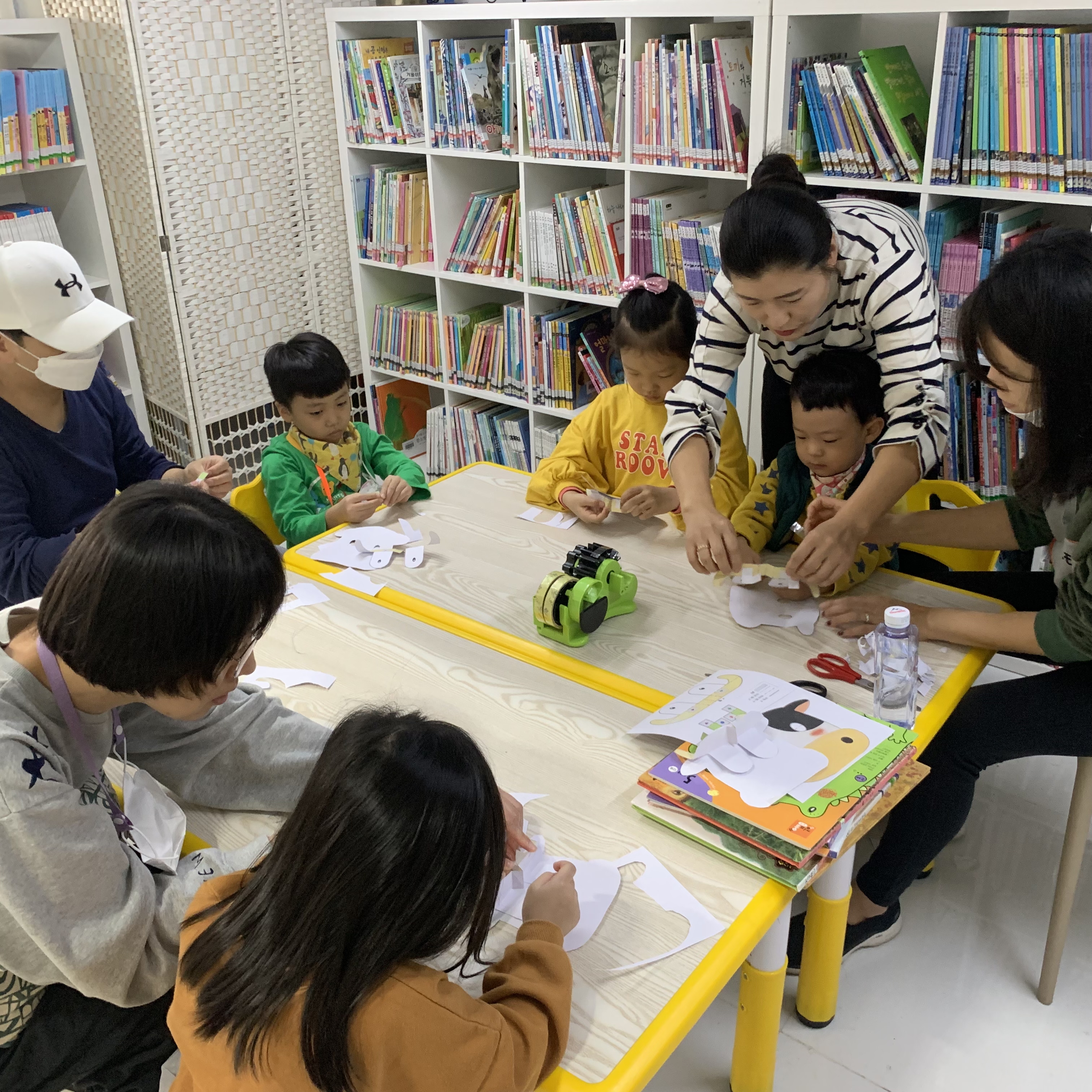
Photo 6) Chairperson Kim Mi-hui instructing students at the Korean Language School in Chengdu
1. Please introduce yourself briefly.
I completed my master’s in Korean education and have been teaching reading, writing and Korean literature to primary and secondary school students for 20 years. I also run a school in South Korea, and develop my own teaching materials. I also operated hands-on experience programs. Since I moved to Beijing due to my husband’s office relocation, I ran small tutoring groups for about four and a half years. As I moved to Chengdu in Sichuan Province, I started volunteering at a Korean language school. One and a half years later since I started the volunteer work, a lot of teachers had to leave the country. I was appointed as the principal as I held a visa that was relatively more stable. Only 6 months after my appointment as the principal, the COVID-19 pandemic happened, and that put us in a very difficult situation. I spent the most dramatic five years of my life at a Korean language school.
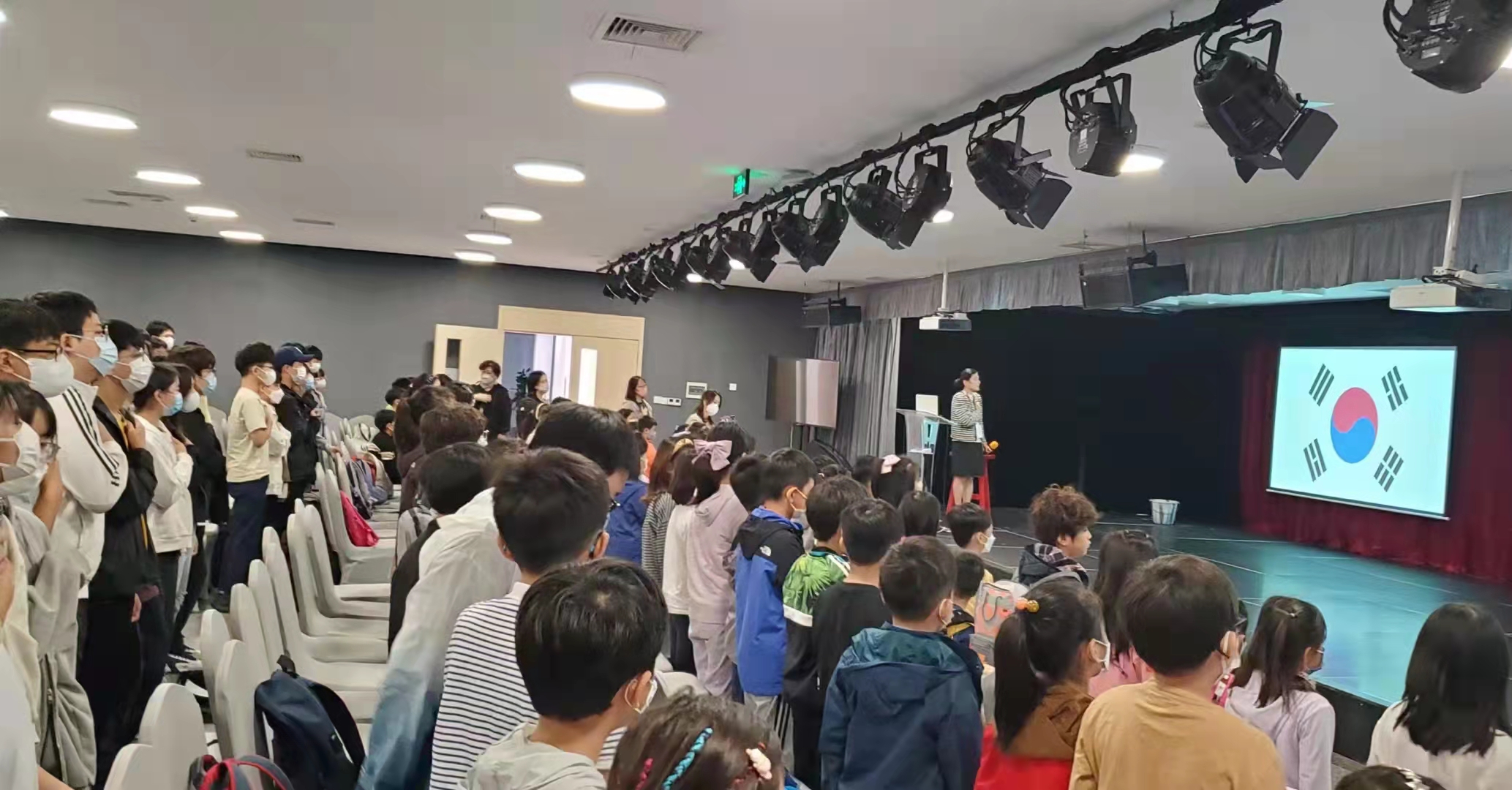
Photo 7) Event at the Korean Language School in Chengdu
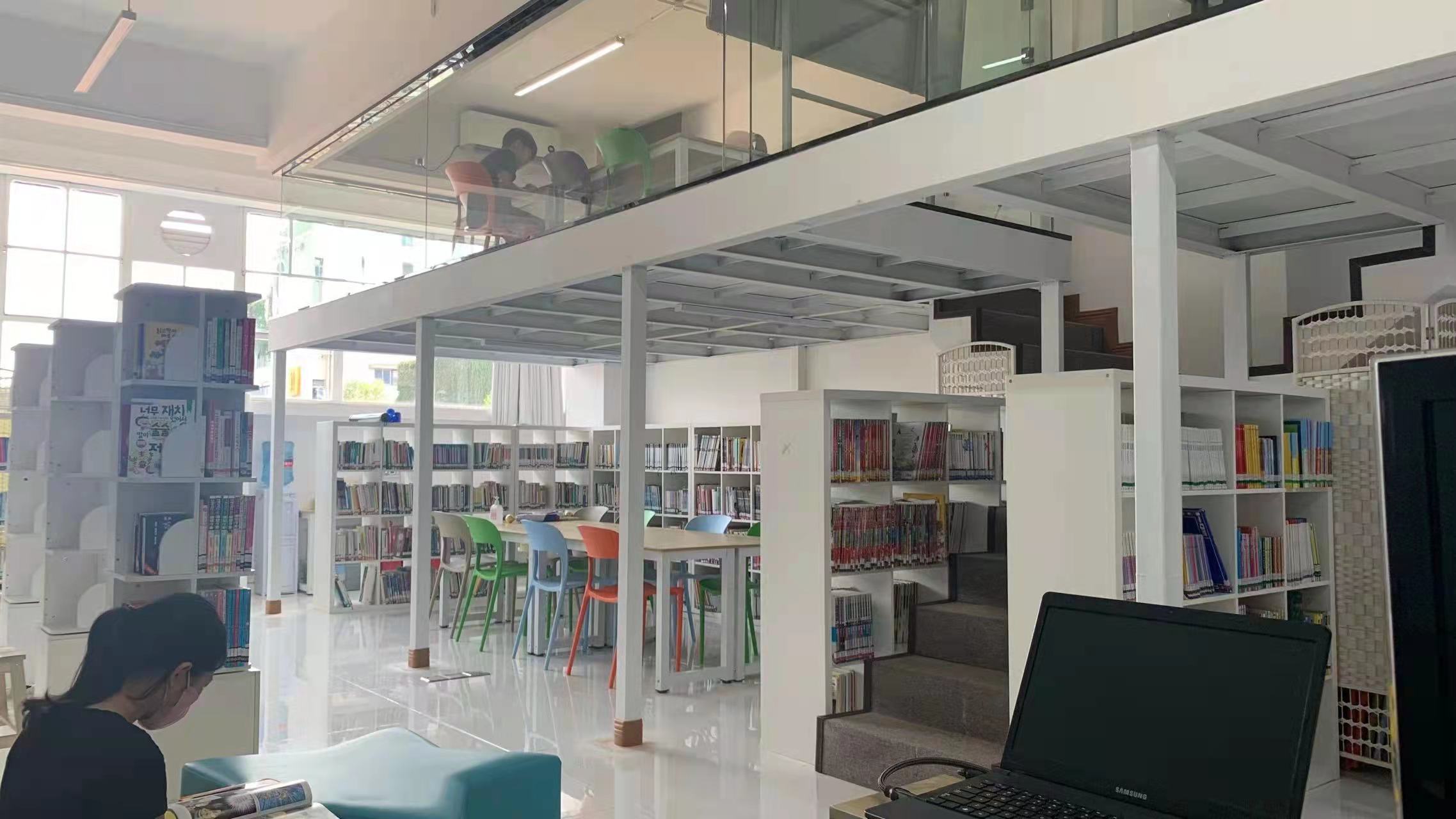
Photo 8) Library of the Korean Language School in Chengdu
2. Please introduce the Korean Language School in Chengdu where you are working right now.
The Korean Language School in Chengdu celebrated the 21st anniversary this year. There are currently 150 students enrolled at the school from age 7 to grade 8, and we have 15 volunteer teachers. We teach Korean, Korean literature, social studies, history, world history, and physical education. We issue a school paper and host a sports festival once a year. In addition, the library at our school is open to all overseas Koreans.
3. The regular training program was about learning through playing and literacy. Why did you choose the two subjects?
We did a preliminary survey on the representative of each school to find out the areas that the teachers need help with.
They requested cultural classes that suit the current generation, literacy. multilingual learning, education on global citizenship and immigration history in China, learning through playing, and reading activities after subject teaching. I contacted the lecturers through introduction from others and search. We tried to accommodate the requested subjects as much as possible. Thankfully, we could talk about four subjects out of the six subjects that the teachers requested.
4. The training program was provided online during the COVID-19 pandemic. Can you tell us the advantages and disadvantages of providing the program online?
We could not hold the regular training program face-to-face for three years. But it was actually easier for the teachers to participate in the program since it was offered online. So, we provided a total of three training programs, including two mini training programs and the regular training program. It was also easier to invite excellent lecturers since it was provided online. That boosted the satisfaction rate for the program. As a result, we decided to keep operating the mini training programs online while the regular training program for the Korean Language School Association in China is provided face-to-face.
When the programs were provided online, one drawback was that the teachers from the Korean language schools could not interact with each other. In the last training program, we included small group discussions, although they were held online, to allow the teachers to share the operating style of each school and build friendship.
5. You prepared and executed the training program yourself this time. It must feel special for you. What did you think at the end of the training program?
Whenever I participate in the training program, I am so touched to see all the volunteer teachers who are working so passionately although it is not even their main line of work. Whenever I explain this to the potential lecturers that I contact for the training program, it amazes most of them. I enjoyed interacting with the people who share the same value as me, and do the same thing as me while I prepare for the training program. It could gain energy from it. I desperately hoped that the teachers at the Korean language schools who had to work extra hard due to the COVID-19 would feel the same way as I do.
6. During the three years of the COVID-19 pandemic, Korean language schools all over the world went through a tough time. In comparison to other countries, what are the problems that the Korean language schools in China had to face?
Korean language schools in China face more difficulties than the ones in other continents. It's because it is not easy to run the schools legally due to the Chinese government policy. As a result, we often have to rent spaces from local schools. That made things more difficult during the COVID-19 pandemic. There are also restrictions on YouTube and other websites, so it is not easy to access education materials.
In other continents, Korean language schools develop their own teaching materials that focus on speaking or local culture. However, China is relatively close to South Korea, so it is easier to visit. There are many students who are doing the studies to go to South Korean universities. So the majority of schools teach the students with the textbooks used in South Korea.
7. As Chairperson of the Korean Language School Association in China, do you have any wishes from the Overseas Korean Foundation and other agencies based in South Korea? What kind of support programs do you think the Korean language schools need right now?
Korean language schools in China need an agreement or system between the two governments to allow the legal operation of Korean language schools. This is an area that the Ministry of Foreign Affairs as well as the Oversea Korean Foundation should work together on.
In addition, the subsidies that have been frozen for a few years without the consideration for rising cost of living is another issue. Due to the rise in currency exchange rate, the actual value of the subsidy decreased in 2022. I think we need to work with the parliament to increase the subsidy as well.
In addition, Korean language schools fundamentally are based on volunteer work. However, the working conditions of the teachers are very bad, so it requires a lot of sacrifice from them. There are also regions that suffer from a lack of teachers due to this. When a teacher with a teaching license volunteers at a Korean language school, their teaching experience should be officially recognized (through a certificate issued by the association). Or offering them a chance to work at a local King Sejong Institute would be a good system, too. I would like to see this kind of solutions.
8. What do you think should be the future direction of the Korean Language School Association in China?
I think that the Korean Language School Association in China should increase the number of member schools, and build a strong foundation first. We have currently 27 member schools, but the data from the association showed that there are over 90 Korean language schools operating in China (some of the schools are operated by overseas Koreans). There was a starting ceremony for the Global Korean Language School Association last year. While I was speaking with the Korean Language School Associations in other continents, I felt that we need to change the composition of the executives and operation style by amending the articles of association that was drafted several decades ago in order to secure the continuity of this project. In addition, we need to create an operating fund to execute the association’s projects. So far the association could only provide a regular training program once a year using the membership fees from the member schools and the regular training program allowance. In order to diversify the projects in the future, securing an operating fund and amending the articles of association should be our top priorities.
9. What do you want to achieve in 2023 through the Korean Language School Association in China?
Of course, it’s providing the regular training program face-to-face. I want to see other teachers in person, and share our faith, joy and passion as a Korean language school teacher together.
10. Do you have a message that you want to deliver to everyone who loves Korean language schools all over the world?
Korean language schools are the protector of our culture who guards Korean language and identity of the Korean people at the forefront. We ask for your continued interest and support. I would like to thank President Kim Seong-gon of the Overseas Korean Foundation and other officials who always work hard for Korean language schools, and the consulates and overseas Koreans across China.
